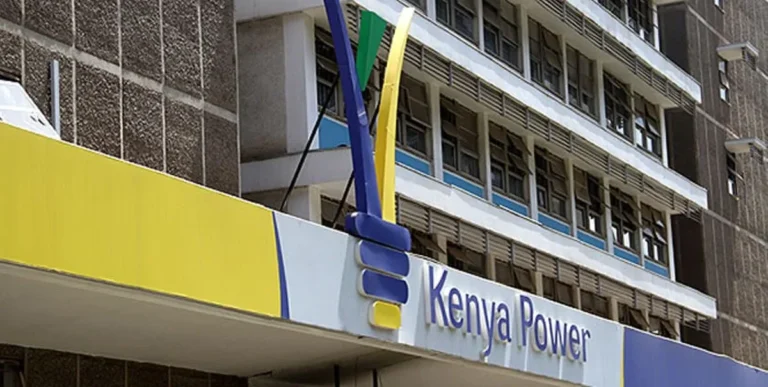Today, we live in an age of unmatched connectivity, where industries, cities, and individuals are powered by an invisible but essential force—electricity.
However, few of us pause to think about what happens behind the scenes when we flip a switch, charge our phones, or travel by plane. The systems that keep our world running smoothly are often out of sight, and the companies responsible for managing them are, in many ways, unsung heroes of modern life.
Power is, quite literally, the lifeline of our economies and societies. From hospitals to factories, and from data centers to electric vehicles, our dependence on a steady and reliable supply of energy has never been greater. In fact, most of what we do daily—from the critical to the mundane—is made possible by the infrastructure that powers the world. And when that infrastructure falters, the consequences can be severe.
The Unsung Heroes Behind Our Daily Lives
Consider the systems we rely on most. In hospitals, a steady electricity supply ensures that life-saving equipment keeps functioning. Whether it’s powering a ventilator during surgery or emergency room equipment, a blackout can mean the difference between life and death.
In manufacturing, precision and consistency are paramount. A brief power disruption can halt production lines, causing hours of downtime and waste resources. When essential products—food, medicine, technology—depend on this energy flow, even a short outage can have massive ripple effects.
In the digital age, data is the currency of the realm. From personal banking to healthcare records, we live, transact, and store vast amounts of information online. A power failure in a data center isn’t just about downtime—it could mean the loss of critical information that affects individuals, businesses, and governments alike.
Smarter Power for the Growing Demand
As we transition to renewable energy and electric mobility, electric vehicles are becoming more common, solar installations are growing, and the demand for energy efficiency is surging. Power management isn’t just about maintaining current systems but adapting to new, complex challenges.
Renewable energy brings its own obstacles. The wind doesn’t always blow, and the sun doesn’t always shine. This variability demands intelligent energy storage and distribution systems to ensure reliable service without interruption.
Electrification, from cars to public transportation, is revolutionizing how we move. But this revolution can only succeed if the infrastructure—charging stations, grid stability, energy storage—keeps pace. We don’t just need more power; we need smarter power management to handle growing demand.
Why We Must Pay Attention
The systems powering our world are often invisible, but they are essential. A failure can send shockwaves through economies and societies. As our lives become more dependent on constant connectivity, resilient power management is more important than ever.
It’s easy to take power for granted until it’s gone. But modern life—healthcare, transportation, communication—relies on efficient, reliable power systems. These systems must be robust and adaptable to meet both current and future demands.
Behind every seamless experience—every surgery, every flight, every product—is a power management system working flawlessly in the background. The companies responsible for these systems are safeguarding the foundation of modern society. Their role will only become more crucial as technology accelerates.
The Power Behind Progress
Companies like Eaton play a vital role in our progress. They quietly ensure that the systems we rely on—whether for work, travel, or life itself—are resilient and dependable. It’s not just about keeping the lights on; it’s about driving the innovation and connectivity that fuel our world. Knowing there are dedicated teams solving power management challenges gives me immense pride. Behind every seamless experience is a company ensuring life moves forward, no matter the circumstances.
By Parag Mendiratta – Regional Manager for Eastern Africa at Eaton Electrical Sector

